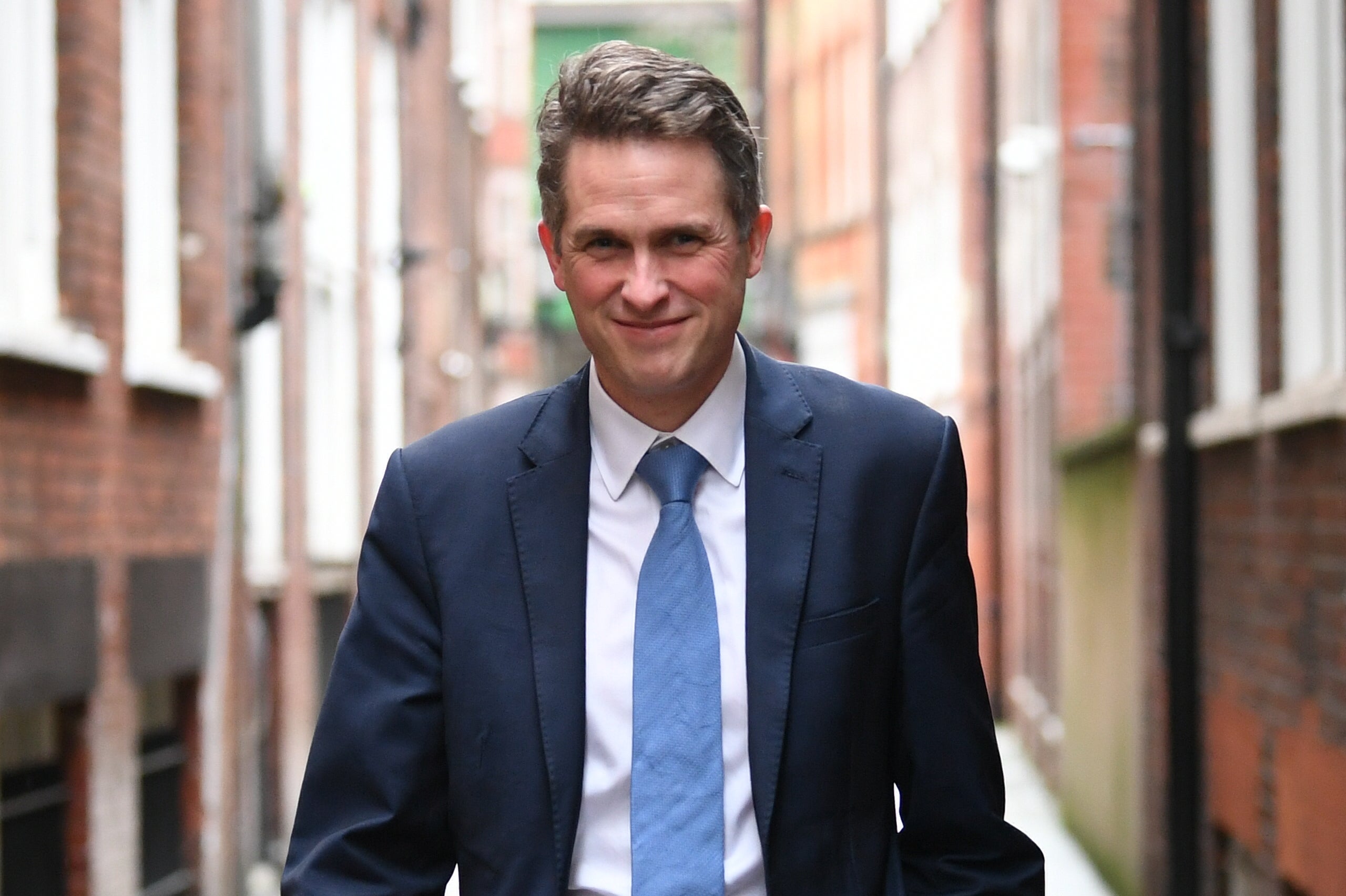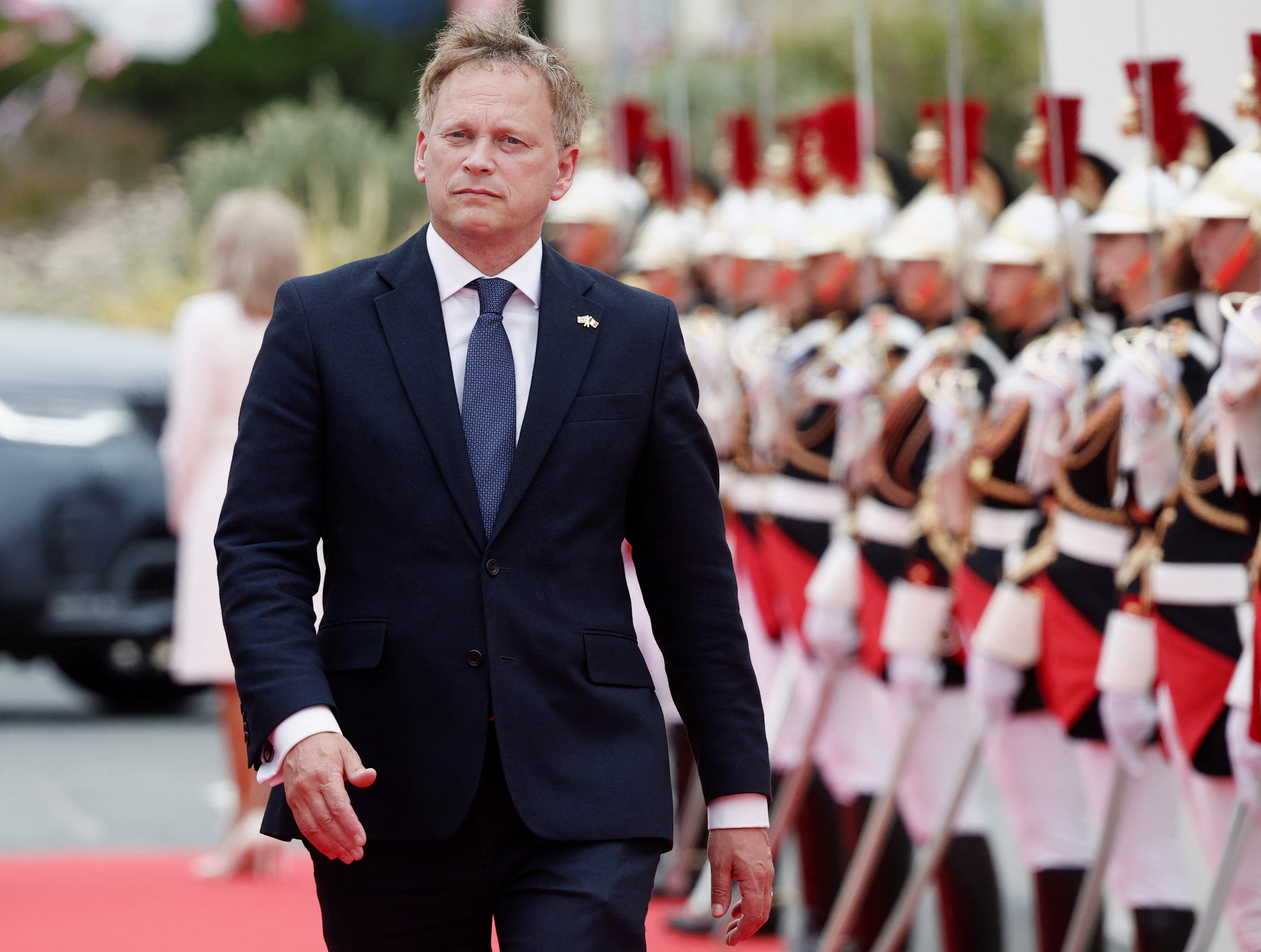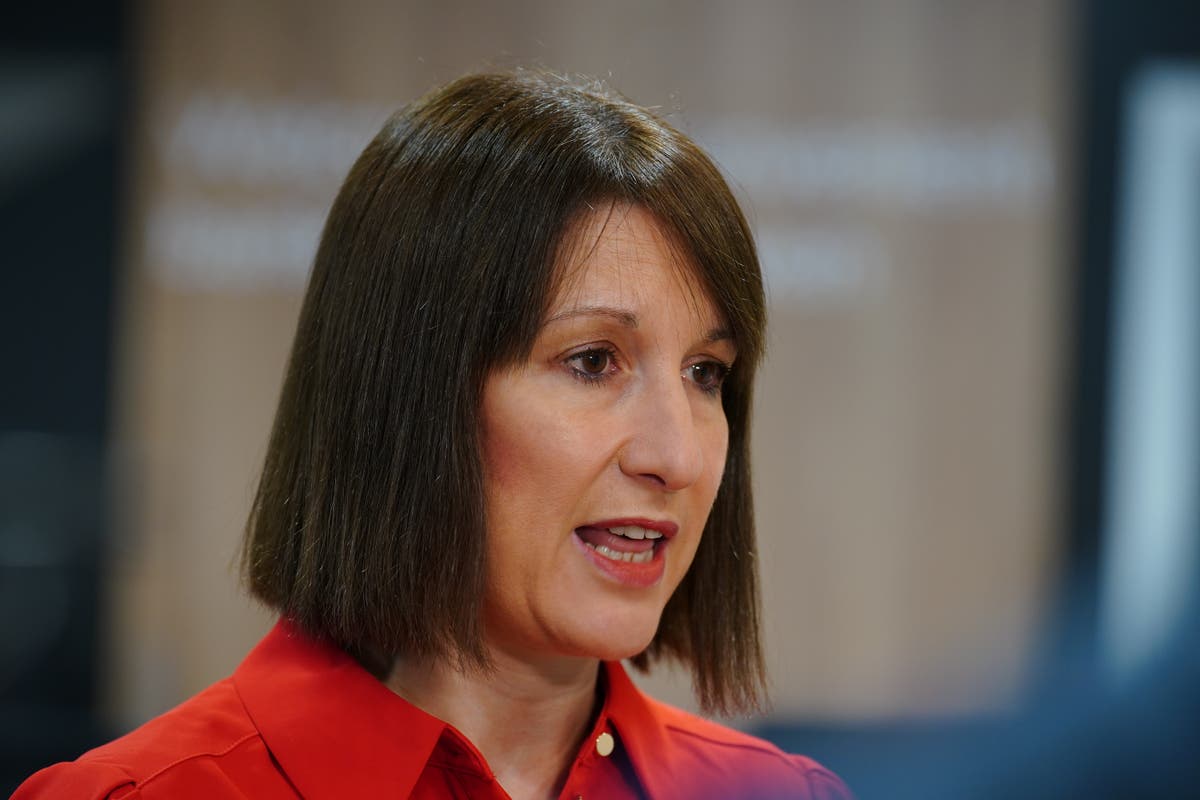Two former UK defence secretaries have joined calls for British troops to form part of a peacekeeping force in a post-war Ukraine.
Boris Johnson, who was prime minister when Vladimir Putin launched Russia’s full-scale invasion in February 2022, is among those to have recently suggested that British troops should form part of a European force sent to guard Ukraine’s border under any future ceasefire with Russia.
France’s Emmanuel Macron reportedly travelled to Warsaw in December to discuss the idea with Donald Tusk, as Europe braces for Donald Trump’s incoming US administration to potentially upend Western support for Kyiv. But Poland’s PM was quick to clarify that no such plans were on the table.
Ahead of an expected meeting with Sir Keir Starmer, Ukraine’s president Volodymyr Zelensky told reporters this week that he plans to raise the issue during the UK prime minister’s upcoming trip to Kyiv.
Speaking ahead of the visit, two Conservative former defence secretaries – Grant Shapps and Sir Gavin Williamson – urged Sir Keir to commit to such a plan.
Sir Gavin, who held the post for 18 months in Theresa May’s government, told the Telegraph: “It’s certainly something that I would support. We obviously all want to get to a situation where peace is restored in Ukraine, and it’s making sure that it’s only done in the interests of Ukraine.”

He added: “It’s going to be absolutely vital for the future that Ukraine security is underpinned by others, whether that is via Nato, or whether that is by countries such as United Kingdom that can be seen as reliable partners.”
Mr Shapps, who served as defence secretary for a year until losing his seat in July’s general election, told the paper: “British troops contributing to a post-war peacekeeping force would undoubtedly be a welcome move, but it barely scratches the surface of what Ukraine truly needs.
“The UK has been at the forefront of supporting Ukraine against Putin’s barbaric and illegal invasion, and we must now lead in offering a bold and unwavering path to Nato membership. Anything less would be a betrayal of Ukraine’s courage and the principles we claim to stand for.”

As part of his “victory plan” outlined in October, Mr Zelensky demanded an unconditional invitation to join the Western military alliance, and for Kyiv-controlled parts of Ukraine to be taken “under the Nato umbrella”, allowing him to negotiate the return of the rest later “in a diplomatic way”.
Part three of Mr Zelensky’s five-point plan – in which he proposes “deterrence” by way of a “comprehensive non-nuclear strategic deterrence package” – contains a secret annexe shared only with allies in the US, Britain, France, Italy, and Germany.
Mr Putin has sought to use Ukraine’s closer ties with Nato as justification for launching his invasion, and Russia’s foreign ministry responded to Mr Zelensky’s plan by accusing Kyiv of “pushing Nato into direct conflict with our country”.
Western intelligence estimates have put the war’s overall casualty toll at more than one million since Mr Putin’s invasion on 24 February 2022, with Russian losses claimed to have surpassed 2,000 a day in recent months as Mr Putin seeks to impose maximum gains ahead of Mr Trump’s inauguration.
Sir Keir has repeatedly insisted his government’s support for Ukraine is “iron-clad”, and shortly after taking office succeeded in a push for Nato to confirm Kyiv’s “irreversible” path to membership.






